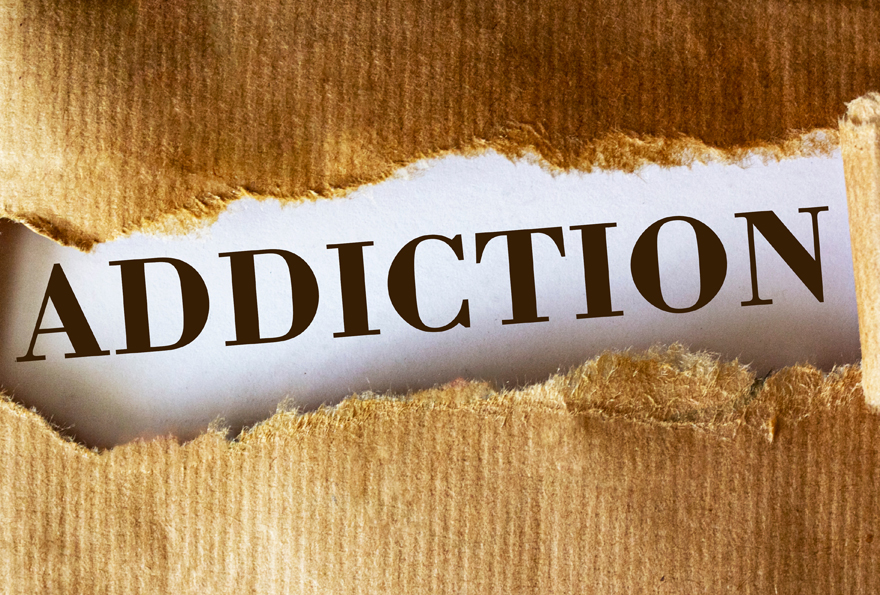
Healthy Coping Skills for Addiction Recovery
After you go through treatment for addiction, you might think you’re free and clear in terms of recovery. However, addiction recovery can be a long


After you go through treatment for addiction, you might think you’re free and clear in terms of recovery. However, addiction recovery can be a long

People often view those who engage in substance abuse as lacking willpower or self-control. On the surface, lacking impulse control would seem to fit in with this description. However, impulse control is a result of brain chemistry. People who have certain types of brain chemistry are more susceptible to abusing substances or using them in the first place.

When people think about addiction, they usually think about substance abuse. However, there are many types of addiction. It’s important to understand that addiction is a brain disease and not a personal lack of willpower or weakness. Compulsive behavior is strengthened by substance abuse as various substances rewire the brain. But, compulsive behavior doesn’t always require drugs or alcohol.

Anger is a common emotion in addiction recovery. At some point, you have to learn to deal with it and process it in a constructive way. Your anger might be directed at yourself, or at certain people, or society in general, or even at law enforcement and the legal system. The fact remains that anger is very common among those recovering from addiction. Why is it important to deal with anger in addiction recovery? The main reason is that anger is often strongly attached to the risk of relapse. If you don’t properly process your anger, you might end up turning to drugs or alcohol again to cope with it.

The longer you stay sober, the smaller risk you have of relapsing. However, it’s important to have a relapse prevention plan in place for both your early years of recovery and later down the road. A relapse prevention plan can make the difference between lasting sobriety and consistent relapse encounters.

PTSD symptoms in men can be more difficult to recognize and diagnose. Many men are wired or conditioned not to show weakness, so they may internalize and hide these symptoms. They may also attempt to self-medicate through drugs or alcohol.

The first signs of drug or alcohol addiction can be hard to recognize. This is often especially true for those closest to the person falling

Alcohol cravings are a normal and expected part of addiction recovery. However, many people get comfortable in addiction recovery and do not expect alcohol cravings

What is a stigma? The dictionary definition of a stigma is a mark of disgrace. That’s what the stigma of addiction is in society today.

Cognitive Behavioral Therapy is a common treatment technique for drug addiction and alcoholism, as well as various other mental disorders. CBT is a type of
LOCATION
QUICK LINKS
TREATMENT PROGRAMS
RESOURCES
Privacy Policy | Sitemap – © 2025 New Method Wellness
New Method Wellness Is Not Affiliated With, Employed By, Or In Contract With Any Treatment Centers Or Providers.
We Do Not Accept Or Pay Any Fees Or Payments For Behavioral Health Referrals.
We Are Here To Support Families. This Is Our Focus.
"*" indicates required fields
"*" indicates required fields